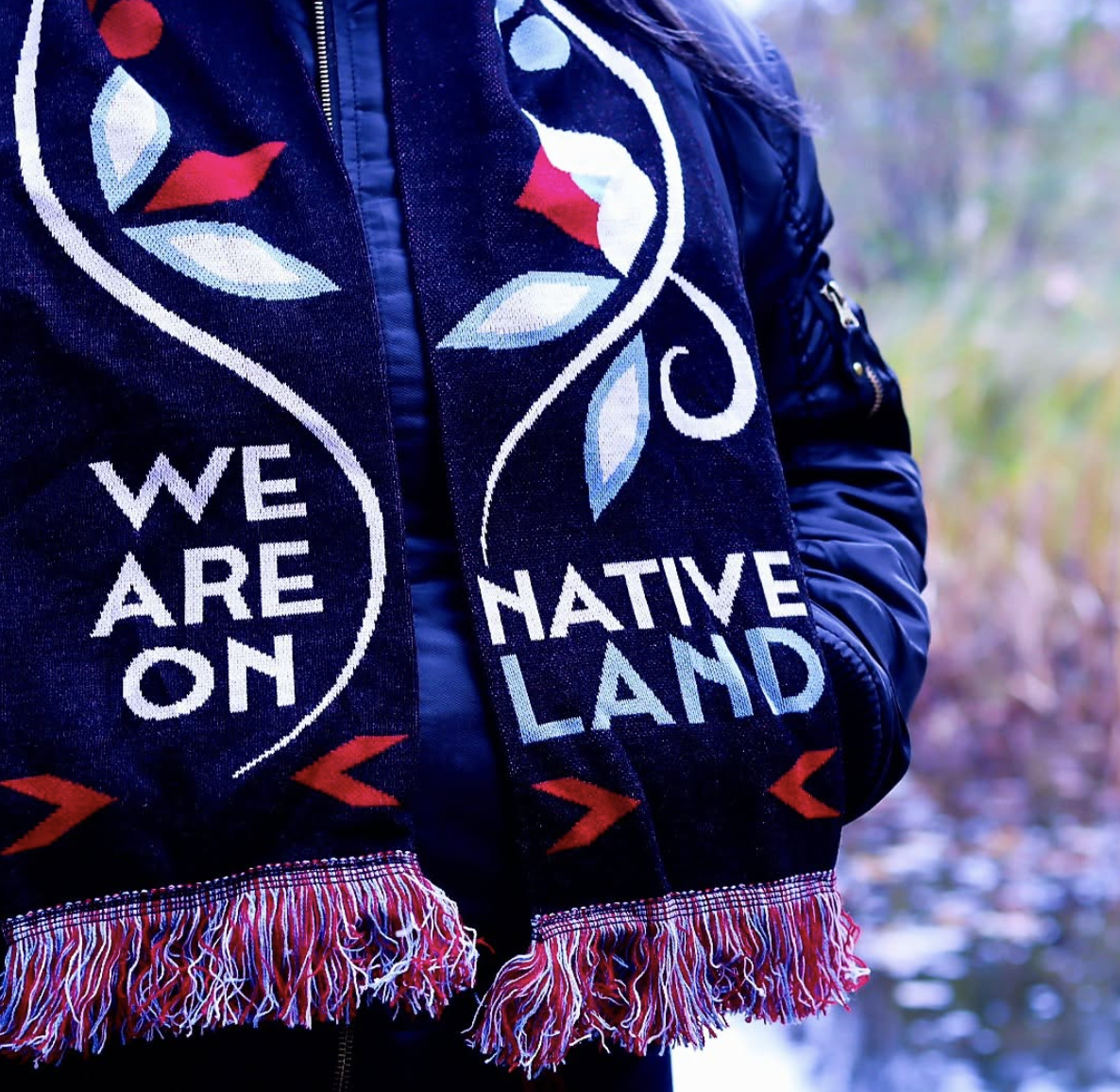
- Details
- By Native News Online Staff
The Waadookodaading Ojibwe Language Institute (WOLI) is excited to announce a transformative $1.5 million donation from philanthropist MacKenzie Scott. This generous gift will support the construction of a Community Language Revitalization Center, a crucial step in advancing WOLI’s mission to preserve and promote the Ojibwe language.
Founded in 2000, WOLI has been a leader in Ojibwe language revitalization, partnering with the Lac Courte Oreilles Band of Lake Superior Chippewa to run an Ojibwe language immersion school and offering a variety of community language programs. These initiatives play a vital role in ensuring the Ojibwe language thrives, not just within the Lac Courte Oreilles community, but across the region.
 Make A Donation Here
Make A Donation Here
Lisa LaRonge, Executive Director of WOLI, expressed her gratitude and excitement: "This generous gift from MacKenzie Scott comes at a pivotal moment in our journey. It aligns perfectly with our timeline for the community facilities project, allowing us to create a space dedicated to language learning and cultural preservation."
The new Community Language Revitalization Center will serve as a hub for language immersion, cultural events, and community gatherings, creating a space for intergenerational language transmission and cultural enrichment. This state-of-the-art facility will help accelerate language acquisition and increase opportunities for cultural engagement for all age groups.
David Scott Bisonnette, a member of the Lac Courte Oreilles Tribal Governing Board and long-time supporter of WOLI, highlighted the impact of the donation: “WOLI has been instrumental in reviving the Ojibwe language, and this funding will significantly amplify those efforts. It’s a gift that will ensure future generations can reconnect with their heritage through language. MacKenzie Scott’s generosity is a shining example of how an individual can positively impact an entire community, both now and for years to come. Miigwech!”
"This funding is not just about preserving words; it's about revitalizing and renormalizing the Ojibwemowin language. It's about reconnecting our community with its cultural roots and strengthening our identity," Dr. Anton Treuer, WOLI vice president and professor of Ojibwe at Bemidji State University said.
The impact of this donation extends far beyond the construction of a physical building. It represents a pivotal step toward ensuring the long-term vitality of the Ojibwe language and culture. WOLI’s vision for the future includes increasing community engagement and providing a centralized space for language learning, cultural immersion, and intergenerational language transfer.
As WOLI moves forward with this exciting project, the institute invites community members, language learners, and supporters of cultural preservation to get involved. Whether through volunteering, participating in language programs, or spreading awareness, every effort helps in the ongoing mission to revitalize the Ojibwe language. Together, we can ensure that the language and culture of the Ojibwe people continue to thrive for generations to come.
Founded in 2000, the Waadookodaading Ojibwe Language Institute (WOLI) was established as an Ojibwe Language Immersion School with a primary goal of revitalizing the Ojibwe language. Located on the ancestral homelands of the Lac Courte Oreilles Band of Lake Superior Chippewa, the institute has grown considerably since its inception. Today, WOLI serves students from preschool through Grade 9, offering a comprehensive and immersive Ojibwe language education.
The institute’s mission extends far beyond the classroom. WOLI is dedicated to developing Ojibwe-speaking educators, creating culturally relevant curricula, conducting Indigenous community outreach, and advancing research in language revitalization. These initiatives are critical to ensuring the long-term survival and flourishing of the Ojibwe language and culture.
In its 25 years of operation, WOLI has made significant strides in the field of language revitalization. One of its proudest achievements is the development of over thirty Ojibwe-speaking teachers and scholars in the Great Lakes region. This accomplishment not only strengthens WOLI’s capacity but also contributes to the broader movement of Ojibwe language preservation, impacting communities across the region.
Through its continued efforts, WOLI plays a central role in the revitalization of the Ojibwe language, working to ensure that future generations can connect with their heritage through language and culture.
More Stories Like This
Navajo Committee Advances $84M Transportation Improvement PlanNCAI Passes Two Emergency Resolutions on Immigration Enforcement Activities
Chickasaw Lighthorse Police Officer named Indian Country Law Enforcement Officer of the Year
Indian Gaming Association Rallies Broad Coalition Against Sports Event Contracts It Calls Illegal Threat to Tribal Sovereignty
Navajo Resources and Development Committee Issues Notice on Livestock Inspection Requirements
Help us defend tribal sovereignty.
At Native News Online, our mission is rooted in telling the stories that strengthen sovereignty and uplift Indigenous voices — not just at year’s end, but every single day.
Because of your generosity last year, we were able to keep our reporters on the ground in tribal communities, at national gatherings and in the halls of Congress — covering the issues that matter most to Indian Country: sovereignty, culture, education, health and economic opportunity.
That support sustained us through a tough year in 2025. Now, as we look to the year ahead, we need your help right now to ensure warrior journalism remains strong — reporting that defends tribal sovereignty, amplifies Native truth, and holds power accountable.
 The stakes couldn't be higher. Your support keeps Native voices heard, Native stories told and Native sovereignty defended.
The stakes couldn't be higher. Your support keeps Native voices heard, Native stories told and Native sovereignty defended.
Stand with Warrior Journalism today.
Levi Rickert (Potawatomi), Editor & Publisher

